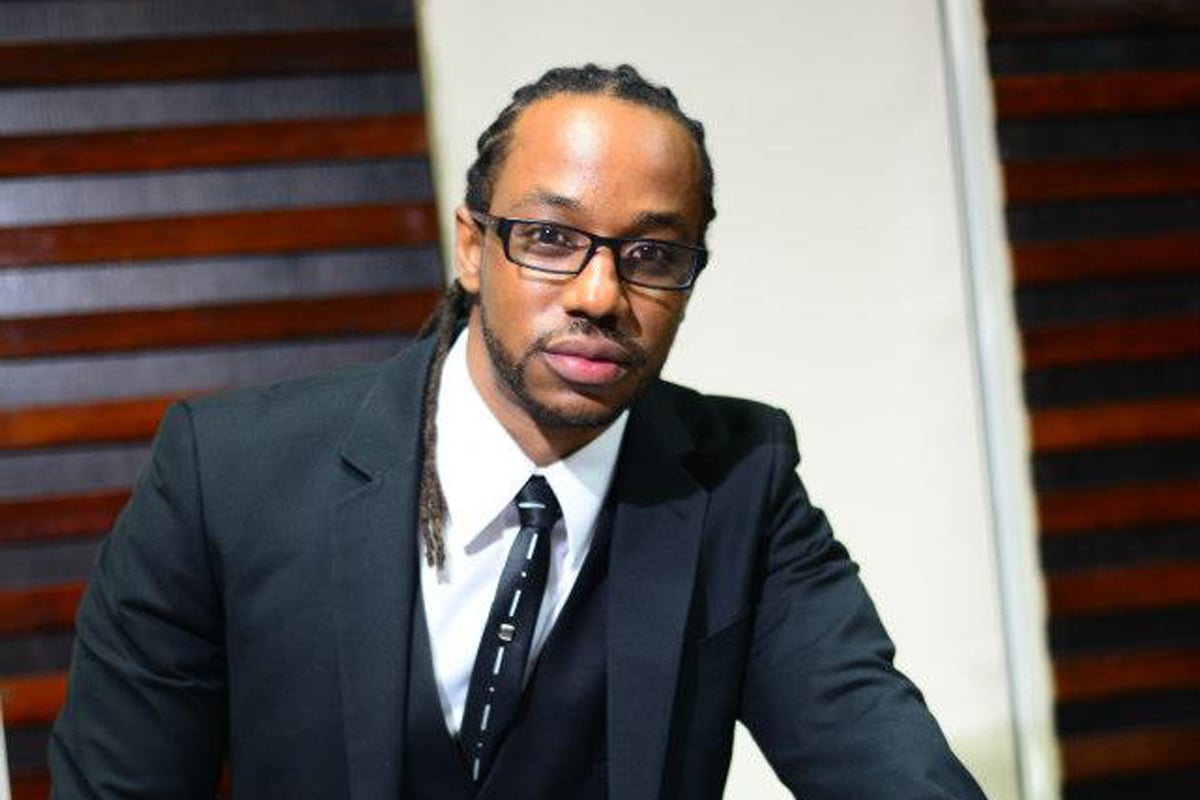Kartel’s Attorney Isat Buchanan Found Guilty Of Professional Misconduct, But Absolved Of Other Breaches

On Saturday, a General Legal Council (GLC) disciplinary committee found Vybz Kartel’s attorney-at-law Isat Buchanan guilty of professional misconduct during a virtual hearing.
Director of Public Prosecutions Paula Llewellyn argued that Buchanan’s conduct goes against several canons of the legal profession and as such had vowed that the Office of the DPP would take its grouses to the council for it to take disciplinary action.
Buchanan, one of the lawyers representing incarcerated dancehall star Vybz Kartel in his murder appeal case, criticized the DPP’s handling of the case involving Kartel as the defense tried to gain access to the cellphone which they believed had evidence of tampering.
The phone was an exhibit in the Kartel murder trial.
Buchanan was quoted as saying in a Loop article that “The DPP is being very dodgy and shady, and very deliberate in their action to continue to violate the constitutional rights of Adidja Palmer”.
He also voiced concerns that the office of the DPP was acting as “authors of delay” as the defense sought to gain access to the cell phone that featured prominently in the Kartel murder trial. The reexamination was in preparation for an appeal to the United Kingdom-based Privy Council.
In her response, the DPPP said Buchanan accused her of engaging in irresponsible and reckless behaviour, and that the assertions and mischaracterizations made were malicious, defamatory and untrue. She vehemently denied that she or her staff acted in any manner that was “shady”, “dodgy” or contravened the rights of the respondent’s client. She further stated that the words were reckless and dangerous.
Andre Earle represented the Office of the DPP, while Buchanan was represented at the hearing by attorney John Clarke.
The panel ruled that the lawyer breached Canon 1 (b) of the Legal Profession (Canons of Professional Ethics) Rules.
The section stipulates that an attorney shall at all times maintain the honour and dignity of the profession and shall abstain from behaviour which may tend to discredit the profession of which he is a member.
The panel found that part of the complaint concerning the breach of canon 1(b) was not of the required standard to render a ruling in “light of the trilogy of Canadian cases and the constitutional right to freedom of expression, not of the required standard to cause the panel, in these circumstances, to be able to say that they were not made in good faith, and they had no factual foundation and they were not reasonable”.
However, the panel found that Buchanan had breached the sub judice rule in relation to the matter, which is before the Privy Council.
“…leads us to the conclusion that the comments made by the respondent did not maintain the honour and dignity of the profession and avoid behaviour which may tend to discredit the profession thereby promoting the public respect for judicial institutions and the participants therein. As a consequence, we conclude that Canon 1(b) has been breached by comments as being in breach of the sub judice rule,” the panel said.
Buchanan was absolved of breaching Canons v(o), v111(a) and v111 (b).
The panel ruled that the complaint concerning the breaches of Canons V111(a) and V111(b) were not particularized to enable the respondent to know in what they were breached. In addition, the complainant’s reply to the request for clarification of the breaches sought to introduce Canons outside the original complaint contrary to the specific instructions of the panel and failed to state the basis upon which these Canons were breached.
Canon v111(a) states that nothing herein shall be construed as derogating from any existing rules of professional conduct and duties of an attorney which are in keeping with the traditions of the legal profession, although not specifically mentioned herein.
Canon v111(b) where in any particular matter explicit ethical guidance does not exist, an attorney shall determine his conduct by acting in a manner that promotes public confidence in the integrity and efficiency of the legal system and the legal profession.
There was also no application for an amendment of the complaint. Accordingly, the breaches of these Canons were dismissed, the panel found.
The complaint concerning the breach of Canon V(0) did not establish to the required standard of proof beyond a reasonable doubt that the statement of the respondent was false and that he made it knowing that it was false.
Canon v(o) holds that an attorney shall not knowingly make a false statement of law or fact.
“To the contrary, based on the information that was available there was in fact an inexcusable refusal by the complainant to correspond to respond to the inquiries of the respondent’s solicitors thereby causing an unnecessary delay and this made the statement essentially true. Accordingly, the breach of Canon v(o) was dismissed.
A sanctions hearing in the matter has been set for October 22.
